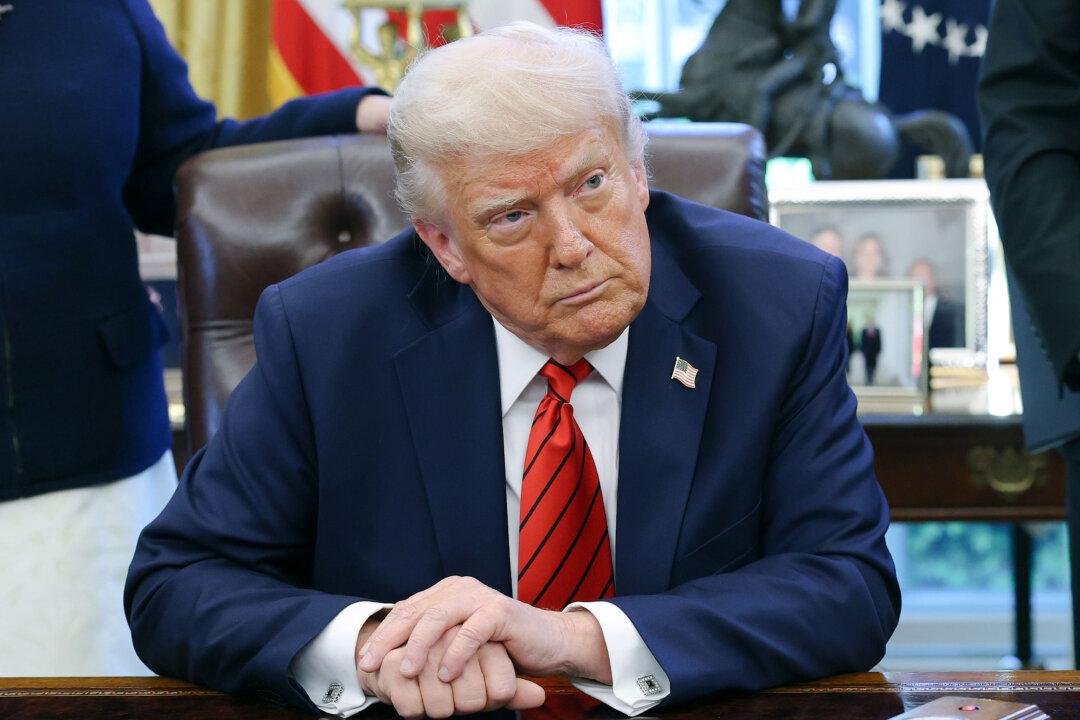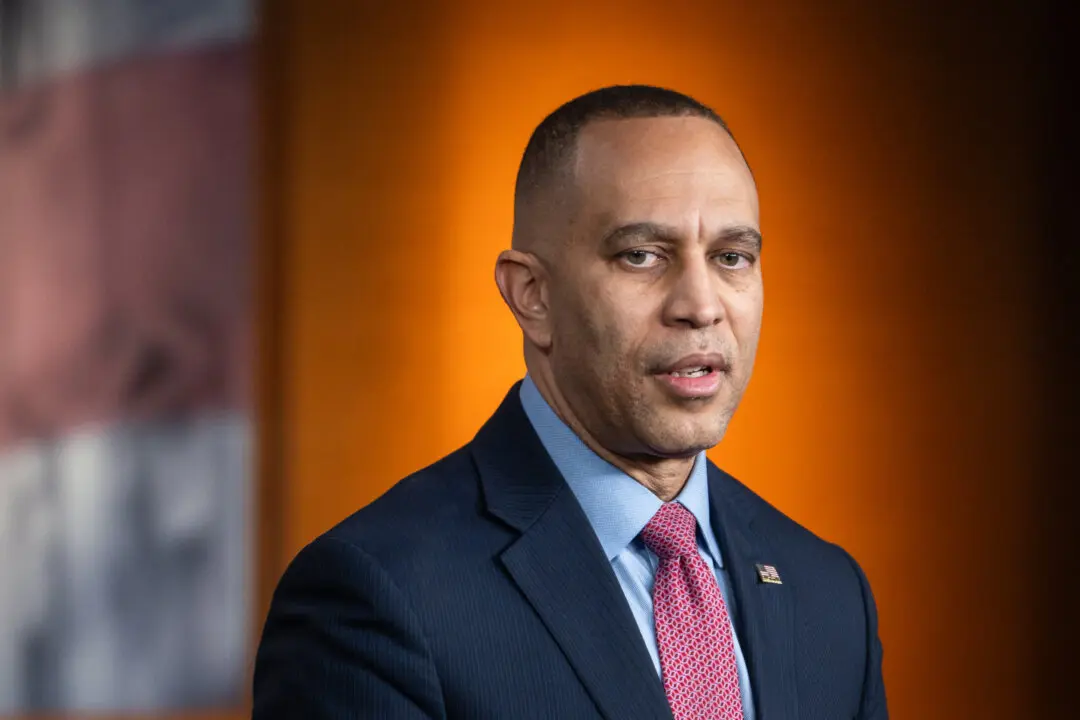President Donald Trump said on Sunday that he hopes Russia and Ukraine “will make a deal this week” to end the war in Ukraine, as Russian President Vladimir Putin’s “Easter truce” is nearing an end.
Trump made the remarks in a Truth Social post just hours before the temporary cease-fire was set to expire, saying that both Ukraine and Russia “will then start to do big business with the United States of America” once they reach a peace deal to fully end the war.





